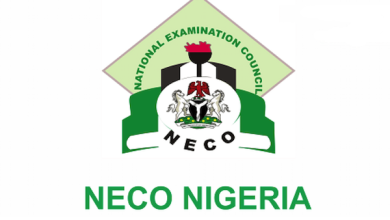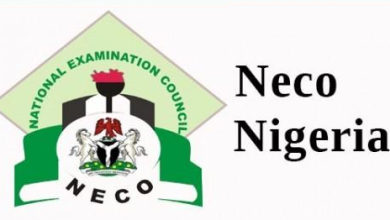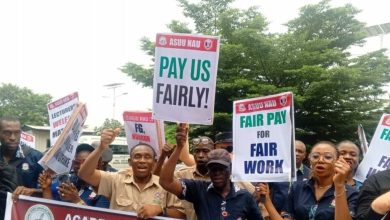239 First-Class Graduates Abandon Lecturing Jobs at UNILAG in 7 Years Over Poor Pay
Former UNILAG Vice-Chancellor Prof. Oluwatoyin Ogundipe revealed 239 first-class graduates left lecturing jobs due to poor pay.
He warned Nigeria risks losing talent unless urgent education funding and welfare reforms are made.
The former Vice-Chancellor of the University of Lagos (UNILAG), Prof. Oluwatoyin Ogundipe, has disclosed that over the course of seven years, 239 first-class graduates who were hired as lecturers left the institution due to low salaries and worsening working conditions.
During The Punch Forum on Tuesday, August 26, Ogundipe revealed that out of 256 first-class graduates recruited between 2015 and 2022, only 17 remained at the university as of October 2023. According to him, the exodus has left the institution with less than 10 per cent of the lecturers initially hired.
“In 2015, 86 were employed; in 2016, 82; and between 2017 and 2022, 88 were employed. By October 2023, only 17 remained. “They have all left,” he remarked, noting that inadequate pay and a lack of motivation were the primary factors.
He warned that unless urgent reforms were made, universities risked losing top talent and may be forced to admit poorly prepared postgraduate candidates. Ogundipe also lamented the poor state of lecturers’ welfare, noting that many were discouraged by low pay, rising living costs, and unstable electricity supply.
The former VC further linked the challenge to Nigeria’s chronic underfunding of its education sector, which has consistently received less than 10 per cent of the national budget, far below UNESCO’s recommended range of 15–26 per cent. This, he said, has undermined infrastructure, research, and digital learning.
“Nigeria currently has between 10 and 22 million out-of-school children, the highest in the world. Over 60 per cent of primary education funds go into salaries, leaving little for innovation or infrastructure,” he explained.
Ogundipe called for innovative funding models such as public-private partnerships, alumni endowments, philanthropic contributions, education bonds, and technology-driven investments. He stressed that the private sector should see support for education as a long-term investment in workforce development and national growth.
He also urged alumni, civil society, faith-based organizations, and the media to contribute through donations, mentorship, and advocacy, while continuing to hold the government accountable in prioritizing education.



